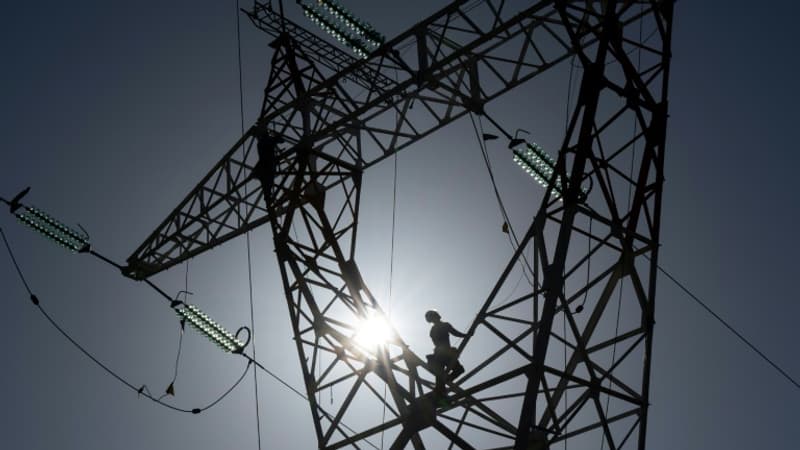At the end of June, the heads of EDF, Total and Engie signed a forum in which they called on the French to consume less energy: to reduce CO2 emissions but above all because the war in Ukraine has endangered the energy supply , gas and oil. Jean-Bernard Lévy, Patrick Pouyanné and Catherine MacGregor had all used strong words as this excerpt demonstrates.
Was this call heard, which is also from the government?
To answer this question, it is necessary to observe, energy by energy, the evolution of consumption. Let’s start with electricity. RTE, which manages electricity distribution, highlights that the number of kWh consumed last month was 9.4% lower than the average observed in October between 2014 and 2019. Therefore, the drop observed in September was amplified.
How much would consumption have dropped if October had not been so hot?
But October was exceptionally warm. Therefore, it was not necessary to connect the radiators, even the auxiliary ones. Therefore, RTE recalculated what the consumption would have been if temperatures had been normal. This estimate shows that even if it hadn’t been so hot, consumption would have fallen by almost 6%.
A decrease attributable mainly to the demand for electricity from companies that are part of the so-called large industry. Between 2017 and 2021, its consumption during the 31 days of October fluctuated between 4,507 and 4,177 GWh, that is, an average of 4,305 GWh. Last month, it only reached 3,654 GWh, a drop of 15%.
Manufacturers, above all, forced to discontinue production that is not profitable enough.
Except that most industrialists who have reduced their consumption have decided to do so because the price at which they were billed for electricity had skyrocketed and that, for them, maintaining production in certain factories was equivalent to producing at a loss. Hence the decision, for example, by Duralex to put its ovens on hold for five months.
What is true for electricity is even more so for gas. For individuals, the exceptional temperatures in October caused consumption in October to drop by almost half (-45% according to GRT compared to October 2021). And for manufacturers, a drop of 13%, again fundamentally attributable to interruptions in their production after the prohibitive price at which they were billed for gas.
fuel consumption on the rise
The fuel remains. Let’s compare this time the consumption of September 2022 with that of September 2019, before, therefore, both the Covid crisis and the boom in teleworking. The Ufip has not yet published the data for October and, in any case, it would be biased by the strikes and shortages that have had a strong impact on consumption.
Last September, fuel deliveries by road reached 4,444 million m3 compared to 4,110 million m3 three years earlier. That’s an 8.1% increase. So of course, in September, the bonuses granted by both the State and Total certainly had an incentive effect. But, in any case, it is clear that to reduce fuel consumption in France we cannot rely solely on the goodwill of motorists.
Source: BFM TV


